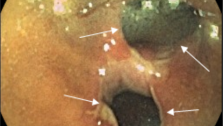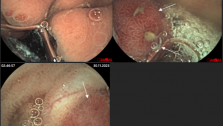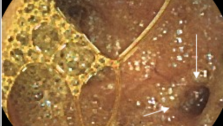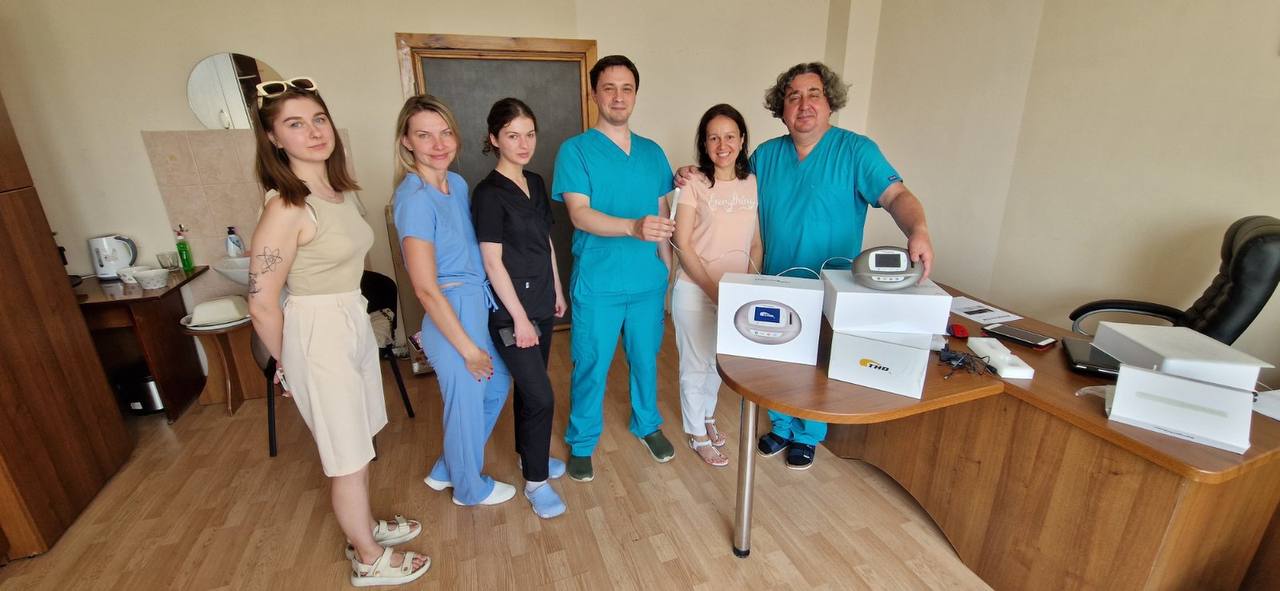Probiotics in the prevention and treatment of colorectal cancer
A new study looks at the potential of probiotics in the prevention and treatment of colorectal cancer associated with inflammatory bowel disease.
So far, the results - following tests in mice - are promising, but further investigation is required.
According to the American Cancer Society, colorectal cancer is the third most commonly diagnosedtype of cancer, excluding skin cancer, among adults in the United States. They also estimate that colorectal cancer may cause around 50,260 deaths in 2017.
Existing studies suggest that some of the leading factors for increased risk of colorectal cancer include having been diagnosed with inflammatory bowel disease, genetic factors, smoking, lack of physical activity, and a high body mass index (BMI).
According to recent investigations, the gut microbiome plays a key role in the development of colorectal cancer. However, many of the mechanisms at play still remain unclear. Some researchsuggests that using probiotics to influence the microbiome may help to prevent tumor formation.
A new study led by Dr. James Versalovic, a professor of pathology and immunology at Baylor College of Medicine in Houston, TX, now looks at whether certain probiotics may be used to prevent or treat colorectal cancer.
Dr. Versalovic and his colleagues focused on the role of Lactobacillus reuteri, which is a probiotic naturally found in the guts of mammals. This bacterium has been shown to reduce inflammation in the intestine, so the team was interested in testing its effect on colorectal cancer tumors.
The researchers' findings are published in The American Journal of Pathology.
Probiotic minimizes tumor formation
In adult mice, it has been noted that the lack of an enzyme called histidine decarboxylase (HDC) made the animals significantly more susceptible to developing colorectal cancer associated with inflammation of the bowels.
HDC is produced by L. reuteri and helps to convert L-histidine, which is an amino acid with a role in protein synthesis, to histamine, which is an organic compound involved in the regulation of the immune response.
Dr. Versalovic and team tested the role of L. reuteri in regulating immune responses with a view to observing its potential in inhibiting colorectal cancer tumor formation.
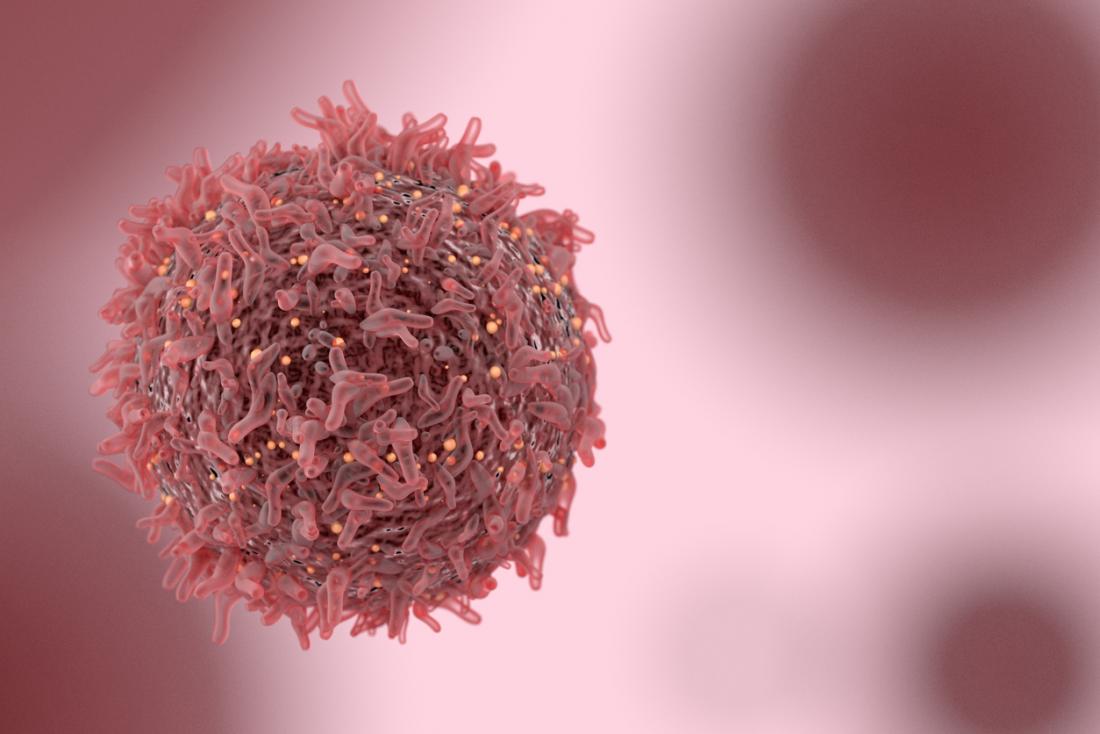
Cancer: Novel cell death technique may be better than chemo
Are scientists one step closer to devising safer, more effective treatments for cancer?
They used HDC-deficient mice, to which they administered L. reuteri. They also administered a placebo compound to mice in the control group, in order to compare the effects.
L. reuteri was given to the mice once before, and once again after, the induction of tumor formation through the administration of azoxymethane, a carcinogenic chemical, and DSS, a substance that stimulates inflammation.
Fifteen weeks after this procedure, the mice's gastrointestinal tracts were studied, to control for tumor progression and the effect of the probiotic.
The researchers found that L. reuteri stimulated the production of HDC and raised the levels of histamine in the colon.
Positron emission tomography was used to scan for tumors, and the researchers noted that the mice that had ingested the probiotic exhibited fewer tumors and of smaller sizes. Conversely, the animals from the control group had more, and larger, tumors.
Inactive strains of L. reuteri, which were HDC-deficient, did not exhibit any protective effects.
The researchers also noted that the probiotic (its active strain) was effective in reducing the inflammation stimulated by the chemicals - that is, DSS and azoxymethane - that had been administered to the mice.
'Harnessing microbiome for treatment'
"Our results suggest a significant role for histamine in the suppression of chronic intestinal inflammation and colorectal tumorigenesis [tumor formation]," says Dr. Versalovic. "We have also shown that cells, both microbial and mammalian, can share metabolites or chemical compounds that together promote human health and prevent disease."
Scientists are still unsure what the function of histamine is in relation to cancer in humans. Yet data collected from 2,113 people diagnosed with colorectal cancer, sourced from 15 separate datasets, suggested that individuals who have higher levels of HDC fare better and have a higher survival rate.
Taking this into consideration, the team hopes that probiotics that help to convert L-histidine into histamine could eventually be used to aid colorectal cancer treatment.
"We are on the cusp of harnessing advances in microbiome science to facilitate diagnosis and treatment of human disease. By simply introducing microbes that provide missing life substances, we can reduce the risk of cancer and supplement diet-based cancer prevention strategies."
Dr. James Versalovic

